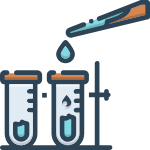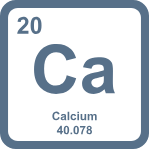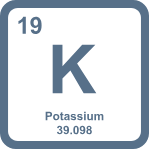What is measured in a water quality test? A lot of things.
Water quality tests are important in a number of ways. The Environmental Protection Agency has minimum standards for drinking water that must be met at every step of the process. That starts at the water source, extends through the water processing plant and delivery system to your home. State and local regulations also apply to water quality.
So what is measured when determining water quality? New homes and existing wells are tested for the presence of coliform bacteria, which is very important. The best known coliform to many people is e. coli, which can make you very sick. Your water should test negative for coliform.
There are a number of other properties to test when determining water quality.

They include:
Alkalinity: This is how well the water neutralizes acids. This is also known as a pH test, which compares between acidity and alkalinity. A high pH can indicate hard water or excessive dissolved solids.
Arsenic: This naturally occurring element is odorless and tasteless, which is why it needs to be tested for. It can be harmful in large quantities.
Calcium and Magnesium: These two elements are the main causes of water hardness. Knowing their levels helps in determining whether a water softener is necessary.

Chloride: Too much chloride can make the water taste salty and can lead to corrosion in the hot water pipes. High concentrations may indicate the presence of pollution.
Color: This shows whether foreign materials are present. A good color also indicates that treatment is being effective.
Conductivity: This is a test of electric current in the water. It helps to detect the presence of dissolved solids.
Fluoride: High levels can cause tooth discoloration in young children and levels that are too low are not effective.
Iron and Manganese: Too much of these can cause discoloration of laundry and a metallic taste in the water.
Nitrates: High nitrate levels can have adverse health effects in infants.
Potassium: High amounts may have a laxative effect.

Sodium: Excessive sodium levels can affect the health of heart, liver and kidney patients.
Sulfates: High sulfate levels can affect the taste of water and can have a laxative effect on those not used to the higher levels.
Total Dissolved Solids (TDS): This is a catch-all category for minerals that are dissolved in the water. High levels can be hard on plumbing and appliances.
Total Hardness: Hard water contains more minerals. It can cause problems with laundry and form mineral scales in hot water appliances and pipes.
Turbidity: This measures what's floating in the water and how much of it there is.
If you have any concerns with your water quality and would like an analysis, call or TEXT the Geiler Company at 513-574-0025.
Want to improve your water quality? Learn More.

